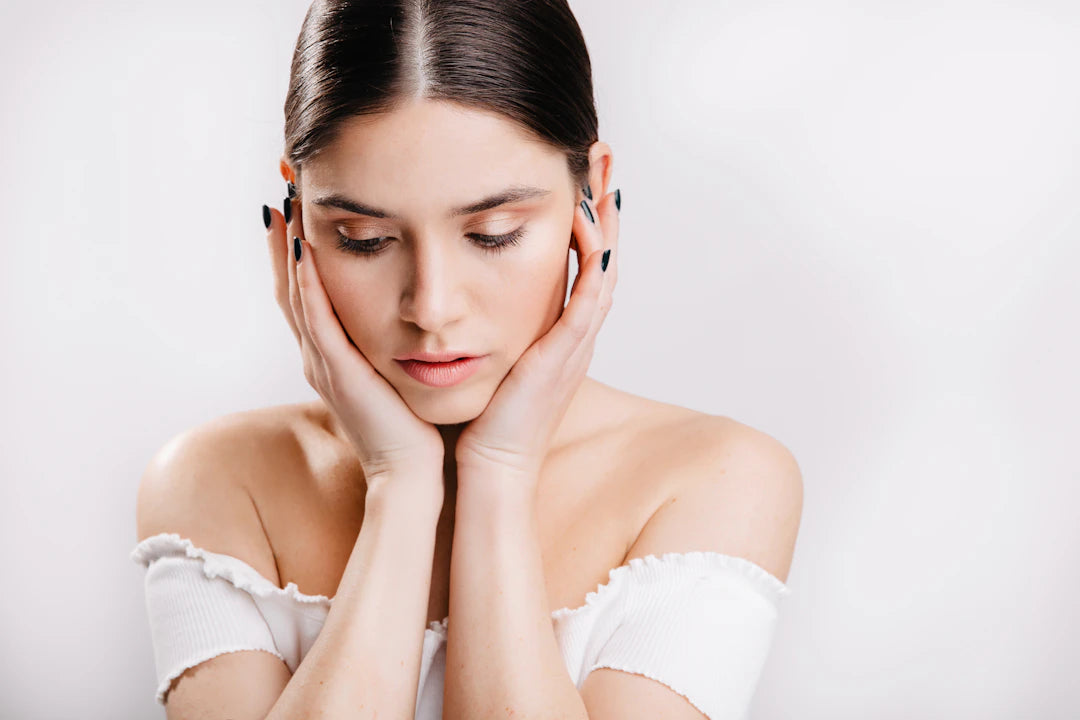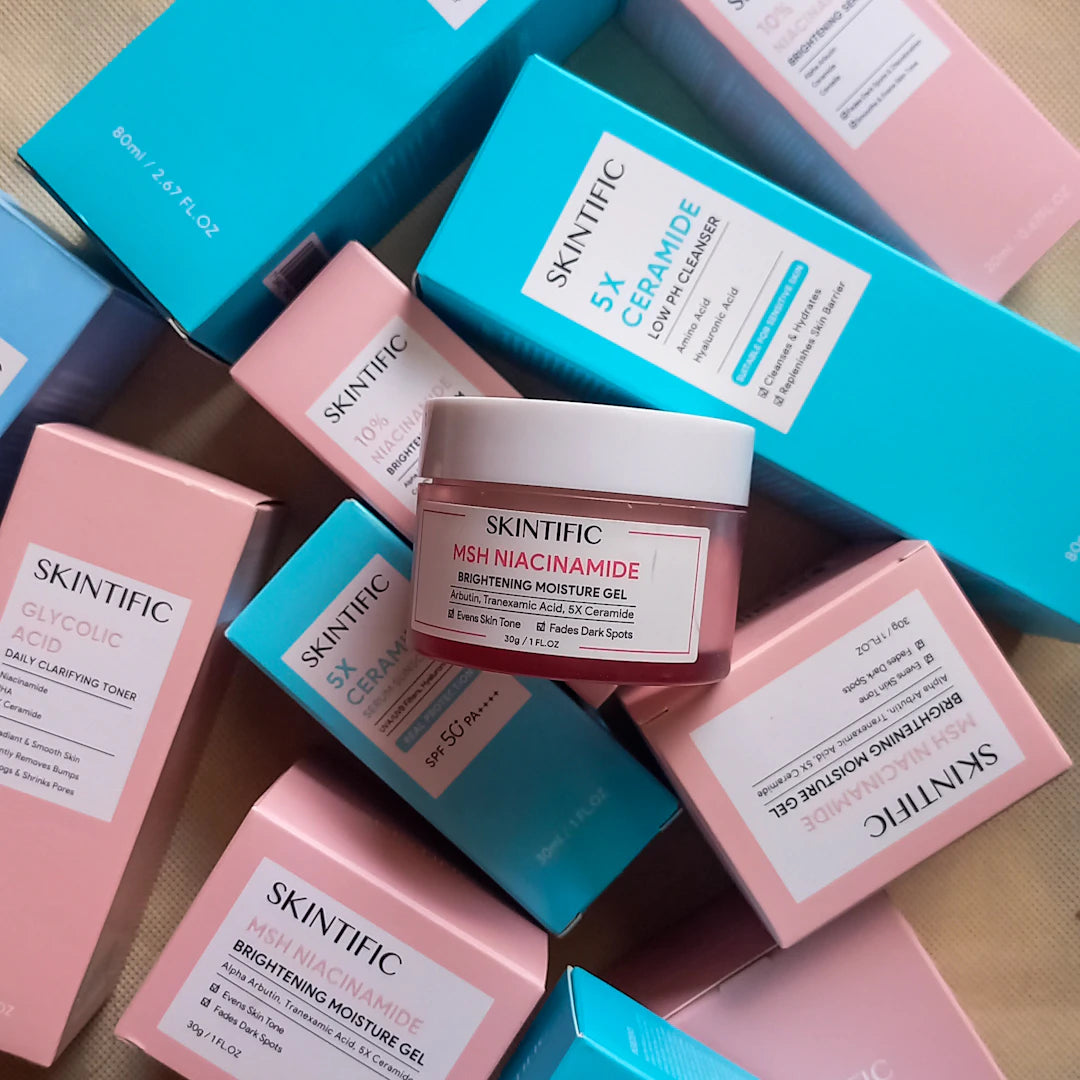The Secret to Radiant Skin: The Role of Sleep

Frequently Asked Questions
1. How does sleep affect skin health?
2. What are the consequences of sleep deprivation on the skin?
3. What can I do to create a sleep-friendly environment?
4. How can I integrate sleep with my skincare routine?
5. What foods can improve both sleep quality and skin health?
Sleep plays a vital role in our overall health and well-being, but did you know it significantly impacts your skin's health as well? Getting enough quality sleep is one of the most essential steps you can take in your skincare routine. In this article, we will explore how sleep affects your skin and why it's crucial to prioritize those precious hours of rest for a healthy, glowing complexion.
Understanding the Link Between Sleep and Skin Health
Skin is our body's largest organ, and just like any other organ, it needs proper care and maintenance. During sleep, our body undergoes significant restorative processes, including skin repair and regeneration. Here's how sleep influences skin health:
Cell Turnover and Repair
During sleep, the body's metabolism slows down, allowing for increased cell regeneration. This process is crucial for skin healing and rejuvenation, which is why people often wake up with a fresher complexion after a good night's rest. While you're sleeping, your skin cells replace damaged ones, helping to reduce the appearance of fine lines and wrinkles.
Hormonal Regulation
Insufficient sleep disrupts the body's hormonal balance, leading to an uptick in stress hormones like cortisol. Elevated cortisol levels can cause inflammation, which may trigger various skin issues, including acne and eczema. Conversely, quality sleep helps maintain a balance of hormones that support healthy skin, including growth hormones that aid in repairing and maintaining skin structure.
The Impact of Sleep Deprivation on Skin
When you skimp on sleep, your skin can pay a hefty price. Let’s delve into some common skin problems associated with poor sleep habits:
- Dull Complexion: Lack of sleep can lead to poor blood circulation, making your skin look tired and dull.
- Dark Circles and Puffiness: These are common symptoms of sleep deprivation. Not only do they give you a tired appearance, but they can also make your skin look unhealthy.
- Acne Breakouts: Sleep helps regulate the production of hormones that affect oil production. Insufficient sleep can increase oil secretion and exacerbate acne.
- Loss of Elasticity: Chronic lack of sleep can lead to collagen breakdown, reducing your skin's elasticity and making it appear saggy.
Creating a Sleep-Friendly Environment
Your sleeping environment plays a crucial role in the quality of your rest. Here are some tips on how to create a sleep-friendly environment to enhance your skin health:
Comfortable Bedding
Investing in quality bedding can significantly improve your sleeping experience. Opt for pillows and sheets that are made from breathable materials, such as cotton or linen, to help regulate your body temperature while you sleep.
Minimizing Light and Noise
Creating a dark, quiet environment is key to getting quality sleep. Consider using blackout curtains to block out external light and earplugs or white noise machines to minimize disruptions from noise.
Setting a Routine
Establishing a consistent sleep routine helps signal to your body when it's time for rest. Aim for 7-9 hours of sleep per night and try to go to bed and wake up at the same time every day. This consistency can help regulate your body's internal clock, leading to better sleep quality.
How Sleep Interacts with Your Skincare Routine
While quality sleep is vital, pairing it with an effective skincare routine can maximize your skin's health benefits. Here are some ways to integrate sleep into your skincare regimen:
Nighttime Skincare Ritual
Before retiring for the night, take some time to pamper your skin. A nighttime skincare ritual that includes cleansing, moisturizing, and applying necessary treatment products can help your skin absorb beneficial ingredients more effectively. This step ensures your skin gets all it needs while you rest, amplifying the restorative processes occurring during sleep.
Importance of Broad-Spectrum SPF
Although SPF is typically associated with daytime use, how you protect your skin during waking hours affects its recovery during sleep. Using broad-spectrum SPF daily shields your skin from harmful UV rays and minimizes sun damage. Healthy, protected skin during the day will lead to better results after a good night's sleep, reinforcing the skin repair process.
Foods That Promote Better Sleep and Skin Health
Your diet also plays a vital role in both sleep quality and skin health. Certain foods are known to help enhance sleep quality while promoting glowing skin:
- Almonds: Rich in magnesium, almonds can help promote muscle relaxation and improve sleep quality.
- Kiwi: This nutrient-dense fruit is not only high in vitamins C and E—essential for skin health—but also contains serotonin that aids in sleep.
- Fatty Fish: Salmon and mackerel are excellent sources of omega-3 fatty acids, which help maintain skin moisture and can also enhance sleep quality.
- Chamomile Tea: Known for its calming properties, chamomile tea can promote relaxation and lead to a better night's sleep.
The Psychological Benefits of Sleep on Skin Health
Getting enough restful sleep is not just important for physical skin health; it also has psychological benefits that mirror your overall well-being:
Reducing Stress Levels
As mentioned earlier, sleep reduction can elevate cortisol levels, leading to increased stress and resultant skin issues. Adequate sleep is essential for stress management, which can help individuals maintain a positive mindset while eliminating stress-induced skin problems.
Enhancing Mood and Confidence
Quality sleep can have a profound impact on your mood and self-esteem. When you feel good about yourself, it reflects in your skin. A healthy, well-rested appearance boosts confidence, promoting better interactions with others and improving overall mental health.
Unlocking Secrets to Youthful Skin with Sleep
The quest for youthful, glowing skin often leads individuals to various skincare products and treatments. However, the most effective and sustainable method is to focus on getting quality sleep. It’s a simple yet powerful way to secure a brighter complexion and healthier skin in the long run.
Prioritize Self-Care
Integrating proper sleep habits into your life while prioritizing self-care can be game-changers in achieving radiant skin. Simple practices like meditation or reading a book before bed can facilitate relaxation and promote overall well-being. When combined with a consistent skincare routine, these habits can optimize your skin's health.
The Encore: Make Your Sleep Count
Now that you understand the critical link between sleep and skincare, it’s time to make those precious hours count. Prioritize your rest, establish a relaxing bedtime routine, and integrate skincare practices that work synergistically with your sleep patterns. Remember, radiant skin starts from within, and a good night's sleep is your best ally in achieving that glow. Embrace the power of sleep, and watch your skin transform!
Linked Product
Hydrate & Protect Bundle
The Hydrate & Protect Bundle combines a hyaluronic acid serum with broad-spectrum SPF, addressing both hydration and sun protection for your skin. This duo is designed to help maintain healthy skin during the summer months, promoting moisture retention while shielding against harmful UV rays. Incorporating these products into your skincare routine can support the overall health and appearance of your skin, especially when considering the impact of sleep on skin vitality.
View Product

